ABOUT
I am a recent graduate with an M.Sc. in Computer Science from McGill University, where I conducted research under Prof. Doina Precup at Mila. My work focused on drug discovery using Generative Flow Networks (GFlowNets), leading to publications at ICML and NeurIPS in 2023. My resume can be found here.
Previously, I spent three years at Shell as a software engineer, working on NLP chatbots and document classifiers with bi-directional LSTMs.
My skills include creating classifiers with Vision Transformers (ViTs), developing reinforcement learning agents, and applying machine learning to medical diagnostics. I’ve also developed Power BI dashboards for real-time analysis.
Outside of work, I enjoy playing badminton, squash, cricket, and tennis. I’m passionate about using machine learning to tackle real-world challenges and am excited to explore new opportunities in this field.
EXPERIENCE
Professional Experience
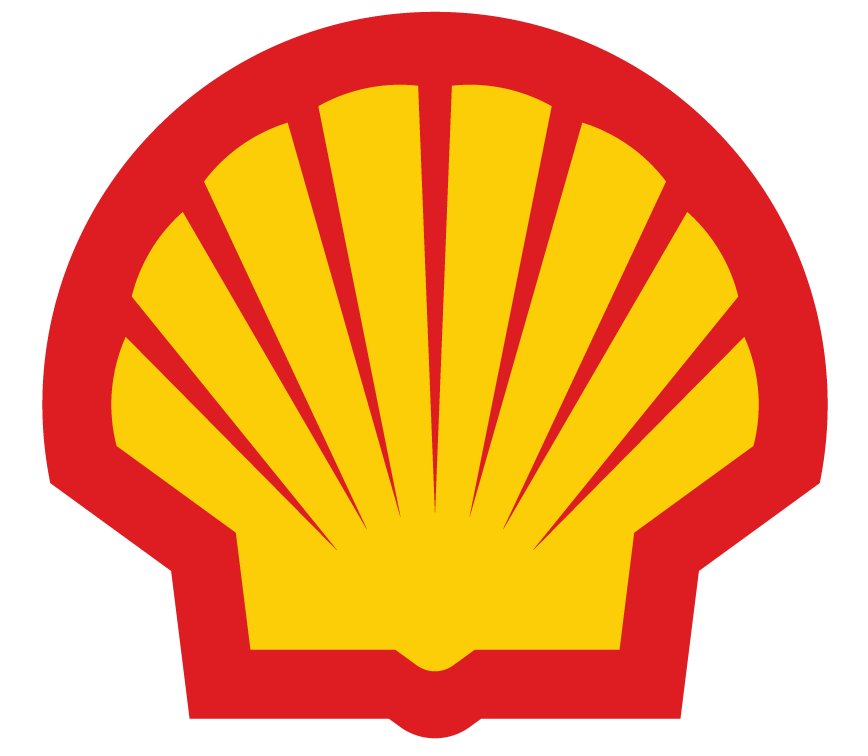
Read more
- Engineered ensemble classifiers utilizing Bidirectional LSTMs to automate document classification.
- Enhanced document categorization on the organization's SharePoint site, reducing manual intervention.
- Developed and deployed containerized RESTful APIs using Docker and secured them with OAuth 2.0.
- Created CI/ CD pipelines using Azure DevOps to make the development and maintenance seamless.
- Created a Finance-focused chatbot capable of handling complex financial inquiries, facilitating complaint registration, and pinpointing focal points with precision.
- Developed and integrated a PowerBI report for real-time impact analysis, providing actionable insights for the business.
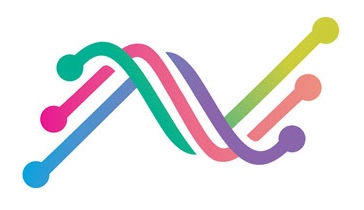
Read more
- Developed a classifier with XGBoost to categorize breast cancer patients into five severity stages based on clinical data.
- Created a live dashboard using Plotly Dash, enabling doctors to visualize breast cancer patient data in real-time.
- Led a proof-of-concept project exploring Generative Adversarial Networks (GANs) for facial attribute manipulation and image super-resolution, demonstrating innovative applications of deep learning techniques.
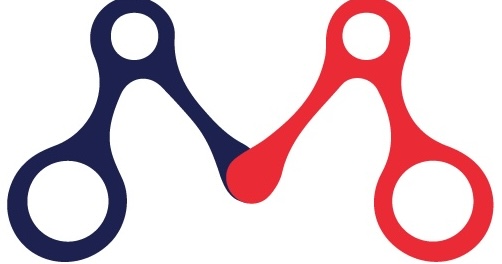
Read more
- Conducted analysis of shopper satisfaction by tracking real-time expressions during retail visits.
- Developed an efficient expression classifier utilizing Convolutional Neural Networks (CNNs) and Haar-like feature cascade for accurate face detection.
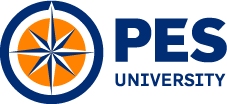
Read more
- Designed an interactive data visualization tool to track entity frequency, location, and sentiment across news articles spanning diverse domains.
- Utilized D3.js to develop a versatile script capable of generating various data-driven graphs sourced from external outlets such as news articles.
Academic Experience
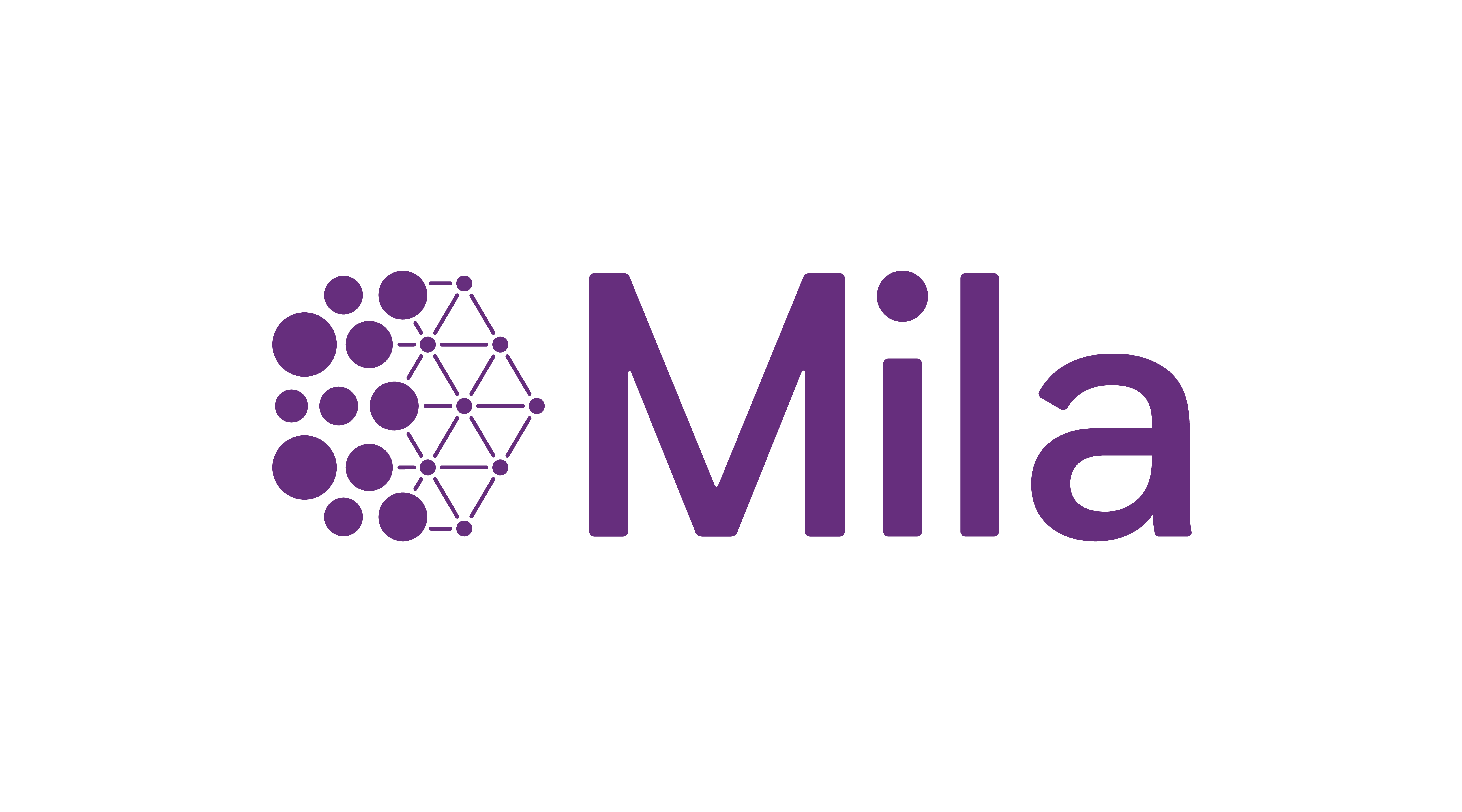
Read more
- Advised by Prof. Doina Precup.
- Developed a method to enhance the mode discovery in GFlowNets (Generative Flow Networks) for drug discovery.
- Demonstrated the benefits of integrating Experience Replay techniques into GFlowNets, showcasing improvements in mode discovery, convergence speed, and the quality of modes discovered.
- Showcased the benefits of incorporating Reinforcement Learning techniques like target network, and replay buffer in GFlowNets.
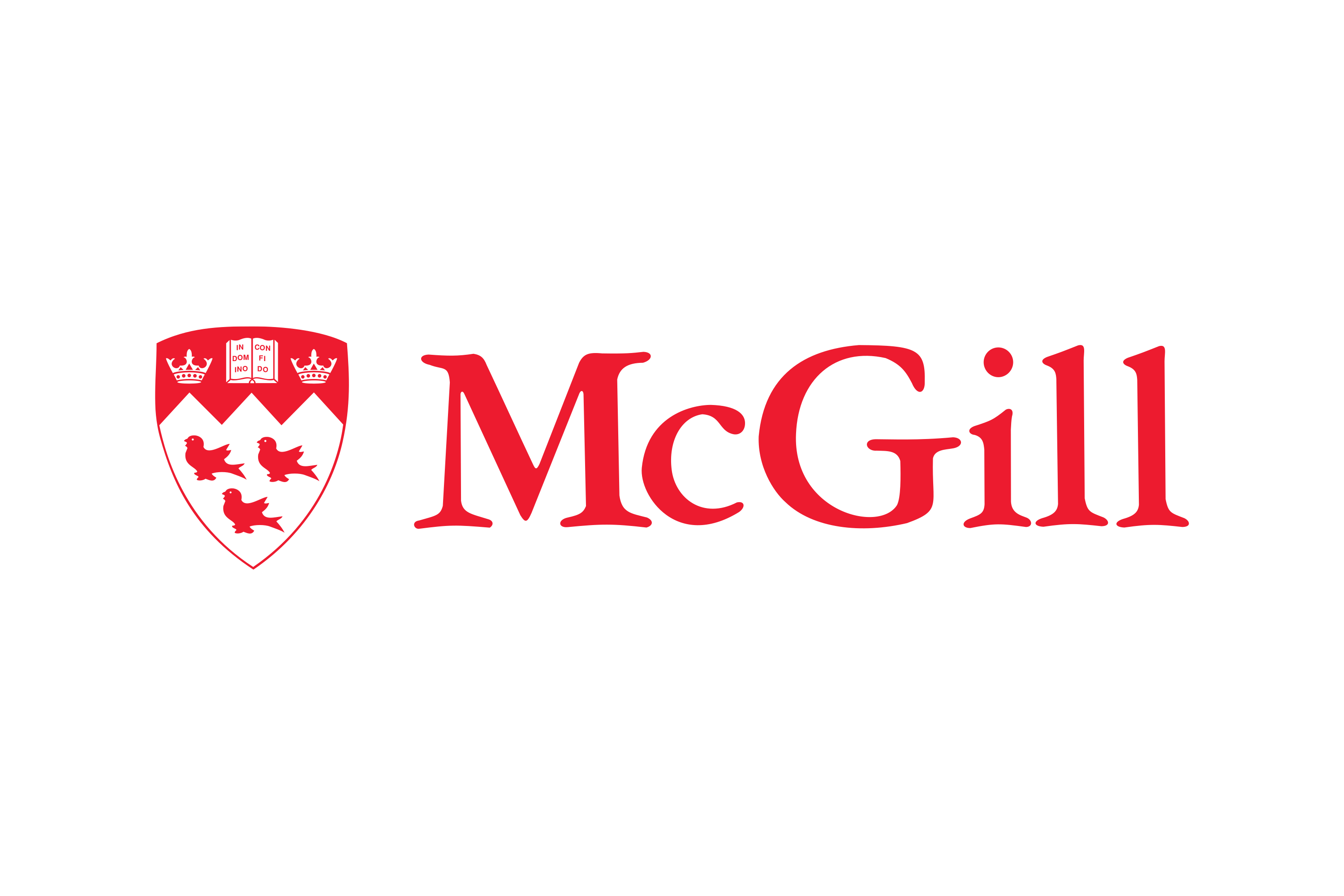
Read more
Courses -- Introduction to Computer Science - COMP 250 (Fall 2022, Winter 2023, Fall 2023, Winter 2024)
- Computers and Society - COMP 189 (Winter 2022)
Publications
-
An Empirical Study of the Effectiveness of Using a Replay Buffer on Mode Discovery in GFlowNets. [PDF]ICML Workshop, 2023
Abstract
Reinforcement Learning (RL) algorithms aim to learn an optimal policy by iteratively sampling actions to learn how to maximize the total expected return, R(x). GFlowNets are a special class of algorithms designed to generate diverse candidates, x, from a discrete set, by learning a policy that approximates the proportional sampling of R(x). GFlowNets exhibit improved mode discovery compared to conventional RL algorithms, which is very useful for applications such as drug discovery and combinatorial search. However, since GFlowNets are a relatively recent class of algorithms, many techniques which are useful in RL have not yet been associated with them. In this paper, we study the utilization of a replay buffer for GFlowNets. We explore empirically various replay buffer sampling techniques and assess the impact on the speed of mode discovery and the quality of the modes discovered. Our experimental results in the Hypergrid toy domain and a molecule synthesis environment demonstrate significant improvements in mode discovery when training with a replay buffer, compared to training only with trajectories generated on-policy.
-
DGFN: Double Generative Flow Networks. [PDF]NeurIPS Workshop, 2023
Abstract
Deep learning is emerging as an effective tool in drug discovery, with potential applications in both predictive and generative models. Generative Flow Networks (GFlowNets/GFNs) are a recently introduced method recognized for the ability to generate diverse candidates, in particular in small molecule generation tasks. In this work, we introduce double GFlowNets (DGFNs). Drawing inspiration from reinforcement learning and Double Deep Q-Learning, we introduce a target network used to sample trajectories, while updating the main network with these sampled trajectories. Empirical results confirm that DGFNs effectively enhance exploration in sparse reward domains and high-dimensional state spaces, both challenging aspects of de-novo design in drug discovery.
Education

McGill University
M.Sc. in Computer Science
Courses
- Reinforcement Learning
- Deep Learning
- Applied Machine Learning

PES University
B.Tech. in Computer Science
Courses
- Natural Language Processing
- Computer Vision
- Artificial Intelligence
- Linear Algebra & Statistics
Projects
Training RL agents on Mujoco Hopper
Course Project, Reinforcement Learning, McGill University
- Explored a variety of policy gradient algorithms, including Proximal Policy Optimization (PPO), basic actor-critic, Trust Region Policy Optimization (TRPO), and Soft Actor-Critic models (SAC), to tackle the Hopper task.
- Investigated the trade-off between model capacity and sample efficiency to inform algorithm selection.
March 2022 - April 2022
Vision Transformer (ViT)
Course Project, Representation Learning, University of Montreal
- Built an image classifier using ViT and conducted experiments on Layer Normalization with both Pre-LN and Post-LN configurations.
March 2022 - April 2022
Bachelor’s degree project
PES University
- Conducted an in-depth survey on Variational Autoencoders (VAE) and Generative Adversarial Networks (GAN), analyzing mathematical aspects, training dynamics, and real-world applications.
- Explored challenges, including mode collapse in GANs and posterior collapse in VAEs.
January 2018 - May 2018
Diabetic Retinopathy Detection
Course Project, Computer Vision, PES University
- Developed an algorithm for diabetic retinopathy severity detection based on microaneurysm count, utilizing various morphological operations for blood vessels and microaneurysm extraction from fundus eye images.
September 2017 - December 2017
News Recommendation System
Course Project, Algorithms for Intelligent Web, PES University
- Developed a Node.js web application using user-user collaborative filtering-based algorithm with MongoDB backend.
March 2017 - May 2017